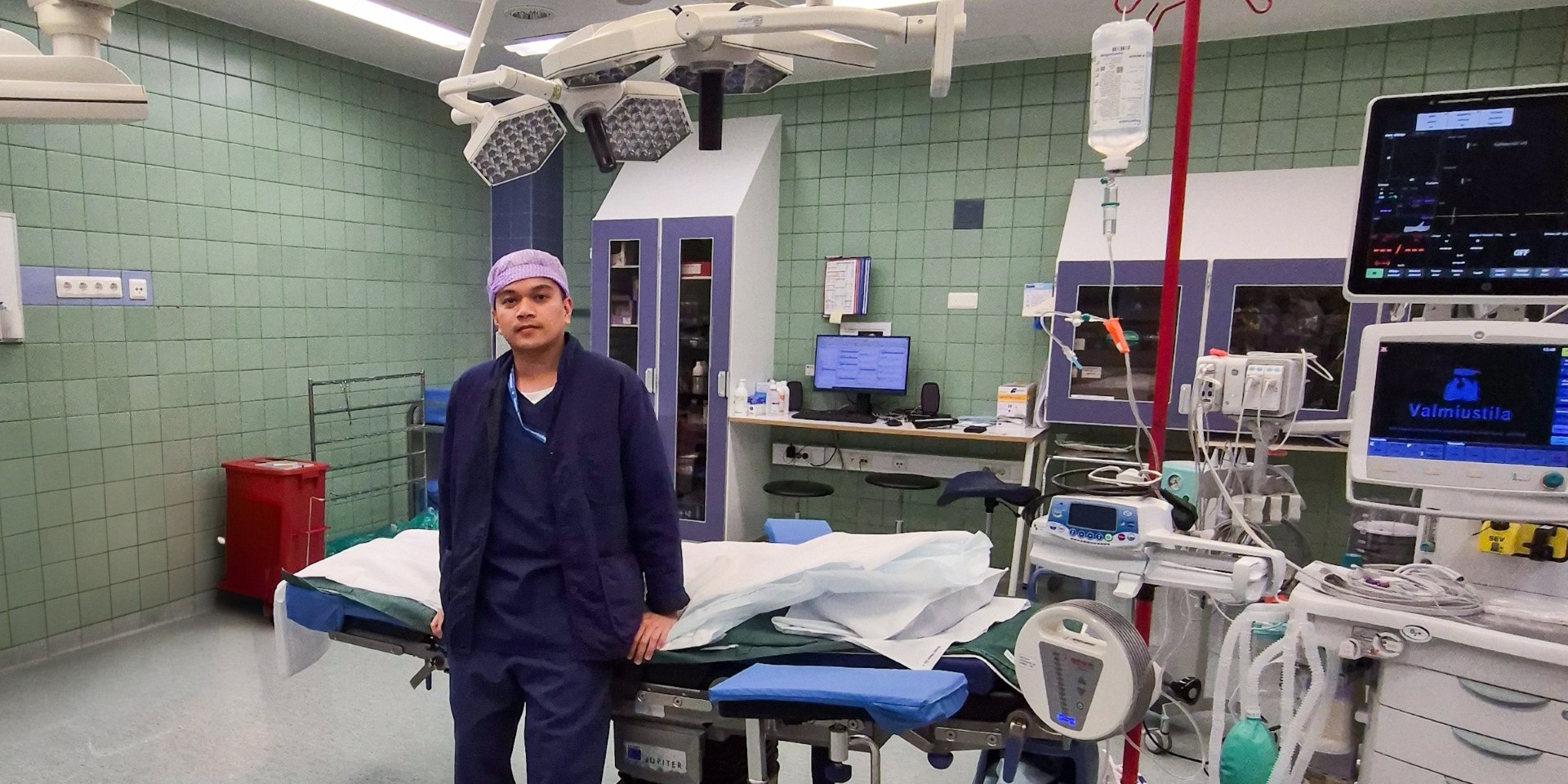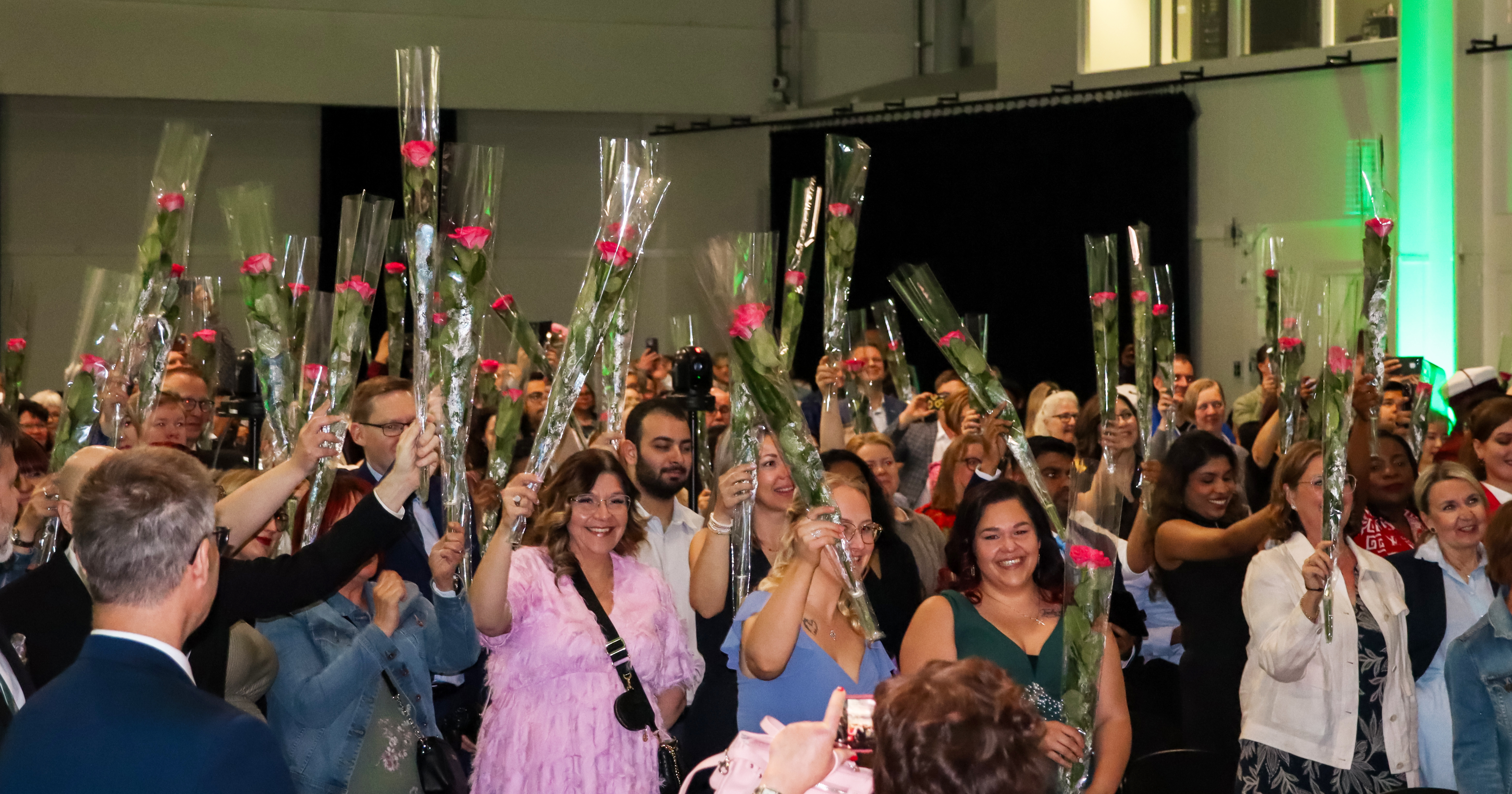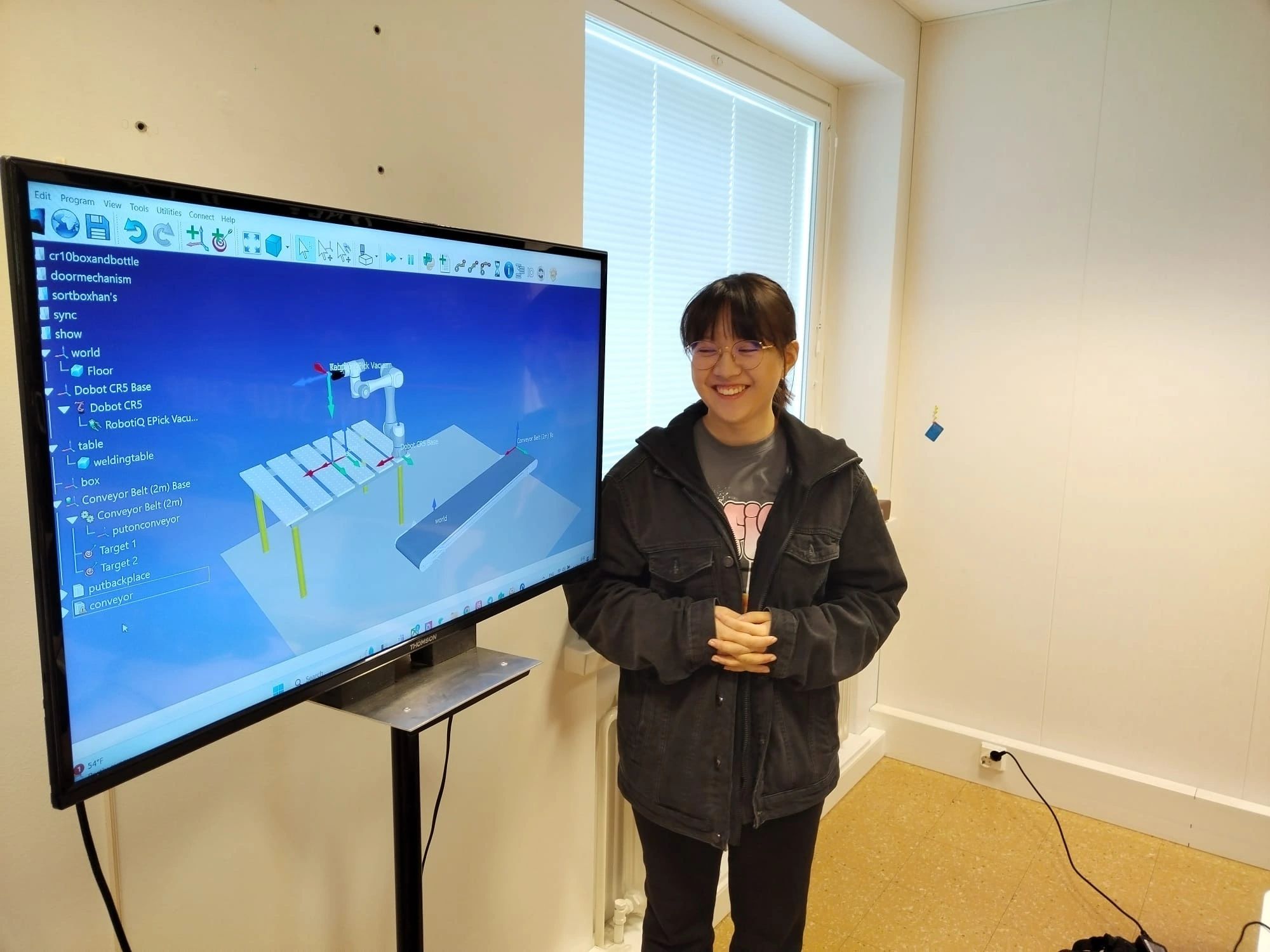The question of the day: can tourism save the world?
Tourism is a hot topic. Can I travel anywhere “because I can”? Could I consider what the criteria are for choosing my travel destination, accommodation and purchases? Could travel enthusiasts make choices where they don´t feel they are giving up anything but instead gaining more? What kind of choices can tour operators make – and how about tourism service producers?
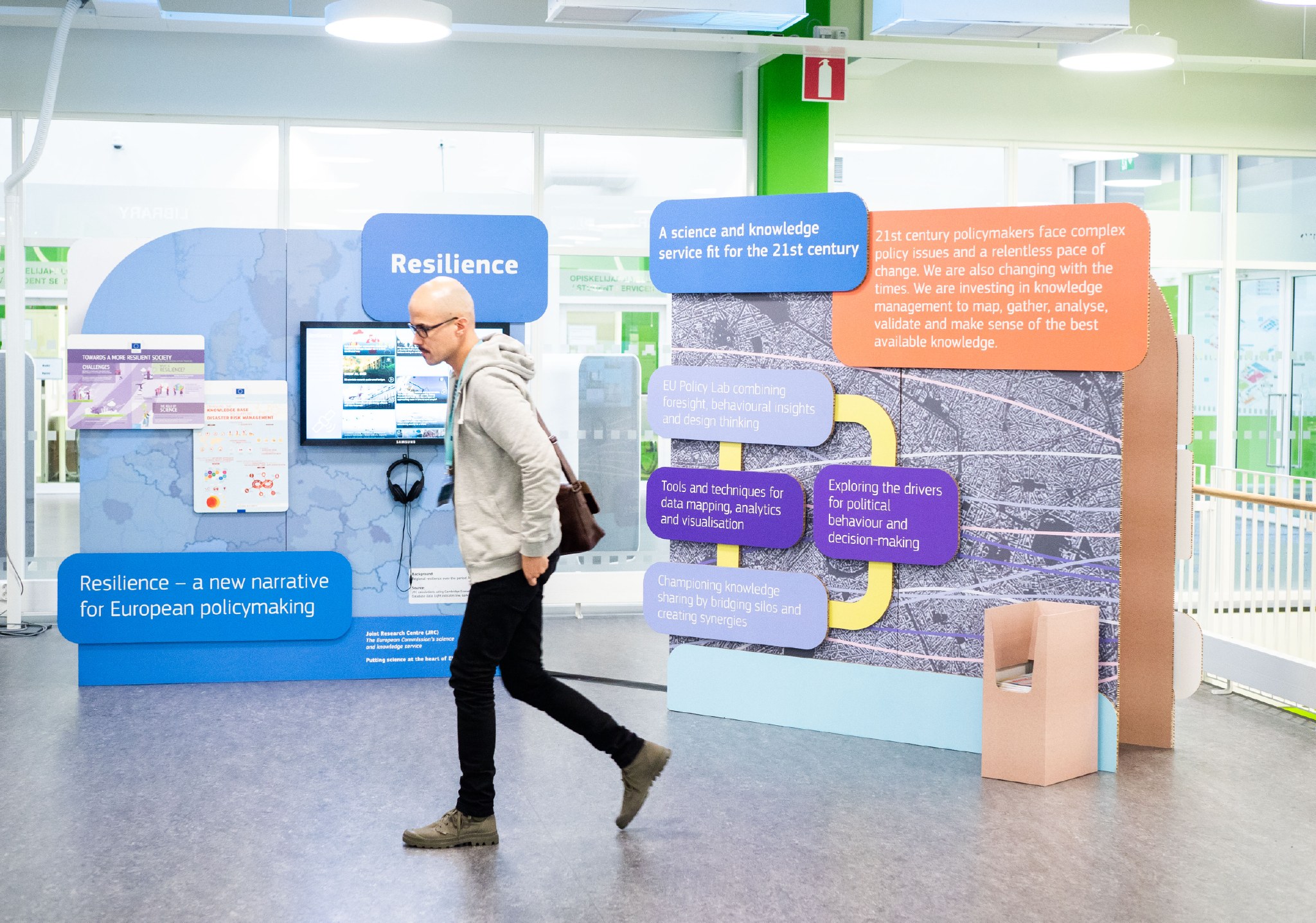
Joint Research Center exhibition | näyttely
– It is OK to travel, but how to do it in a sustainable way, ponders Ioannis Pappas, the Greek Director for Global Sustainable Tourism Council.
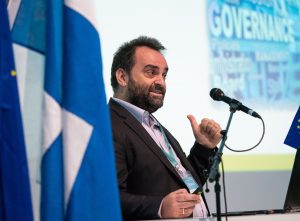
The effects of tourism on the environment have become a major topic with the climate issue, but the effects are not only a climate or ecological matter – they also have a social, cultural, economic and political side.
The possibilities and challenges of sustainable tourism were highlighted at the Science Meets Regions event organized in Pori at the end of September.
There are always several aspects related to the effects of tourism
The Global Sustainable Tourism Council that Pappas represents approaches the topic in a comprehensive manner: there are many aspects in tourism. What gives a living to one person can complicate somebody else´s life and business – there are many conflicts and a lot of competition. Pappas mentions also one distinct change that is needed, i.e. tourism must clearly leave more money to local people than at present for the locals to have a possibility to take care of the environment and the community to thrive.
The tourist can make choices but the question is not only about the choices of the tourist. Choices for or against sustainable development are made already when a new travel destination or product is being planned, and decisions are taken at different political levels: globally, nationally and locally.
Tourism continues to grow but how long is this good?
– It´s nice for you and me to be able to travel and meet tourists from other countries but can the travel destinations stand the increasing number of tourists? Is it nice anymore for the local people, the industries or tourists themselves, asks Sirpa Pietikäinen, Member of the European Parliament, who addressed the event by video connection.
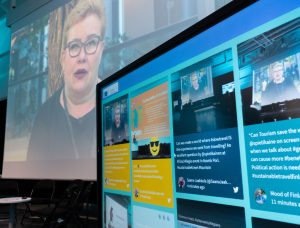
Tourism has increased, and the threat is overtourism with all its side effects: waste, sufficiency of clean water, security threats. There are huge challenges, and Pietikäinen suggests that we should turn the question: can tourism change the world by introducing new solutions that other businesses and industries could utilize?
What are we looking for? Exoticism – something else than what is usual for us – and authenticity.
According to Pietikäinen, this is possible if we can pose big questions and make big solutions – or on the other hand, at the practical level there are relatively small and even inexpensive solutions. Major solutions include carbon neutrality, maintenance of the biodiversity of the environment, keeping the emissions at most within the limits of nature´s cleaning ability, using renewable energy sources, slowtime travelling, and tourism that benefits local people.
In Pietikäinen´s opinion, the solution lies in the global wish of the travellers. This is a chance for Finland to be a pioneer in the tourism industry.
– What are we looking for? Exoticism – something else than what is usual for us – and authenticity.
– You have to start from somewhere. Not everybody is involved right away. In Finland we could build the concept sustainably so that the traveller does not give up anything but gains something: a travel experience that is not overcrowded nor massproduced, and when the experience gets the tourist excited, there will be more of them – and when the reputation grows there will be competitors wanting to do the same.
Pietikäinen brings forward what has been expressed in the speeches given by different tourism development actors during the day: we need research, new innovations, funding, partnerships and indicators to bring facts on the table.
The problem is not the lack of information but finding the information in the information overload
The hub of the Science Meets Regions event concepts is information, facts.
– The problem is not the lack of information but its abundance: how to find the essential factual data among everything else, states Stijn Verleyen from European Joint Research Center, JRC.
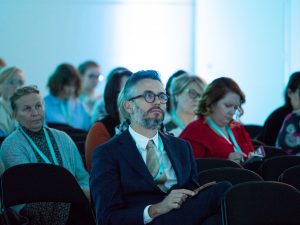
– Combining research data and policy-making is not without problems, all kinds of matters intervene – good science does not directly produce good policies, Verleyen states.
For example JRC produces material that is available for all actors.
Science Meets Regions is a European Commission event concept that is organized at different parts of Europe with different themes each year. Finland was represented this year by the event organized on 26 September by SAMK´s research team in Tourism Business. The theme of the event was Sustainable Maritime Tourism. The aim of the event is to bring forward the importance of research data connected to the theme of the event in solving the challenges.
The web sites of the event are still available.
